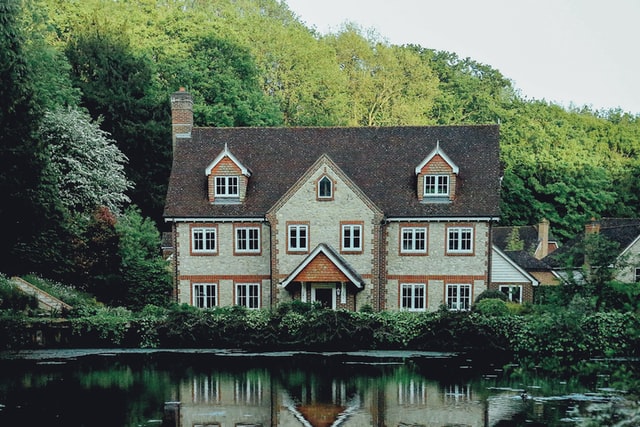Writing for Taxation magazine’s Readers’ Forum, BKL private client tax specialist Terry Jordan answers a query involving inheritance tax (IHT) and a gift with reservation of benefit (GWROB) towards a house purchase.
The tax query
‘My 81-year-old, divorced client has sold his house and is living with his daughter and her husband. They want to move to a larger house, so his plan is to give them some of this available cash to help with that.
I am clear that it would be a gift with reservation of benefit (GWROB) if he bought the house and transferred it to his daughter and continued to live in it rent-free; the inheritance tax downside of the GWROB could be avoided if he paid a market rent for his occupation. But what happens if he gives his daughter £400,000 towards the cost of a £700,000 house? Would the same market rent avoid the GWROB, or would different conditions apply? Is there any better way of achieving the objective?’ Query 20,582– Reserved.
Terry Jordan’s reply: A sharing exemption might avoid GWROB rules
‘Reserved’s client is divorced, so on the face of it his estate will at best benefit from one inheritance tax nil rate band and, potentially, one residence nil rate band if the estate on death does not exceed £2m in value. As a general proposition, the gifts with reservation of benefit (GWROB) rules do not trace through a gift of cash, unless HMRC can invoke the associated operations provisions in IHTA 1984, s 268, and that was one of the factors that encouraged the then Labour government to introduce the income tax charge on pre-owned assets (POAT) with effect from 6 April 2005. The main targets of POAT were two-trust schemes: Eversden settlements, and Ingram schemes for both land and chattels; reversionary leases; and cash gifts.
For the charge on land to apply requires an individual to have sole or joint occupation of the land and for the disposal condition or the contribution condition to be met. If the client gifts £400,000 to his daughter, he will have met the contribution condition and will be liable to POAT on four sevenths of the appropriate rental value. He could avoid the POAT charge by electing into reservation of benefit for inheritance tax purposes under FA 2004, Sch 15 para 21, or he could pay his daughter market rent. Such payments would only be deductible if they were made in pursuance of a legal obligation.
Another possibility would be to use the ‘sharing’ exemption in FA 1986, s 102B (4). The client could buy the house and gift part to his daughter as a potentially exempt transfer (PET). Provided she occupies the property for as long as the father does and does not pay more than her share of the running costs, the GWROB provisions will not be in point and the PET will fall off the clock after seven years. The share owned by the client would potentially benefit from the residence nil rate band on his death, on the premise that he would be leaving it to direct descendants.’
The full article was published in Taxation magazine (issue 5001) and is available to subscribers here on the Taxation website.
How BKL can help
Our private client tax team can provide expert advice on IHT, trusts, tax-efficient estate planning and the tax implications of situations involving more than one jurisdiction. We advise individuals (including non-doms), trustees and families.
Our property & construction team can guide you through the complexities of property taxes including IHT, capital gains tax (CGT) and stamp duty land tax (SDLT).
For a chat about how we can help you, contact Ryan Bevan today or send us an enquiry.






